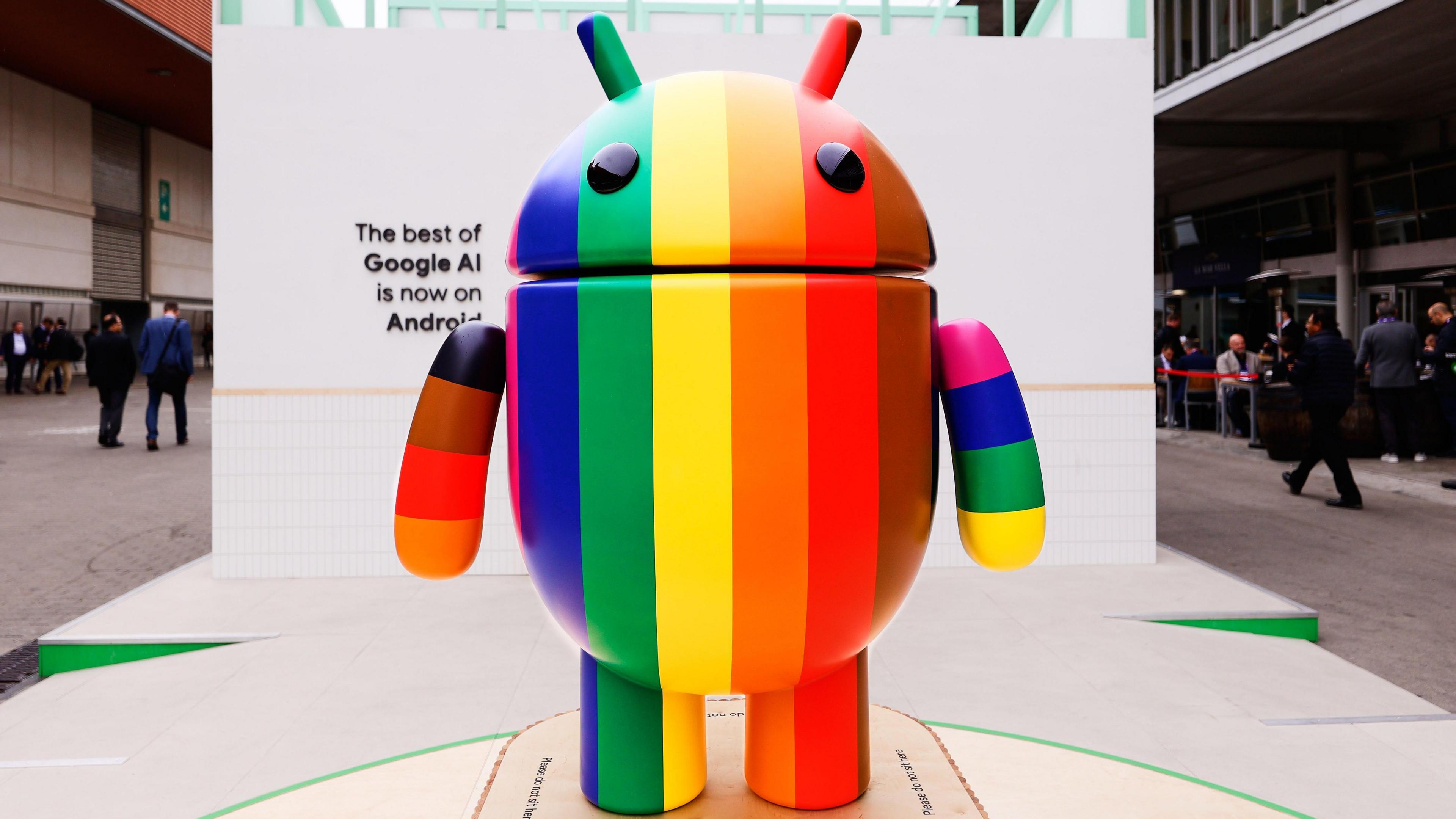
The U.S. Supreme Court is set to hear arguments on Friday regarding the TikTok ban, marking the platform's final effort to overturn the prohibition. The case will test the boundaries between national security and freedom of speech. The popular social media platform is challenging a law passed last year that requires TikTok to divest from its Chinese parent company or face a ban on operating in the U.S. by January 19.
The U.S. government argues that without a sale, TikTok could be used by China as a tool for espionage and political manipulation. TikTok denies these claims, asserting it is being unfairly targeted and that the measure infringes upon the free speech rights of its approximately 170 million U.S. users. While lower courts have supported the government's position, the situation was complicated last month when President-elect Donald Trump intervened in the case, requesting a pause in the law's enforcement to allow time for a deal to be reached.
Analysts say the Supreme Court's decision is uncertain, but overturning prior rulings is unusual, even with the support of a future president. “When there is a real governmental interest that conflicts with a real constitutional value, it ends up being a very close case,” said Saurabh Vishnubhakat, a professor at Cardozo Law School. “But in those close cases, the government usually gets the benefit of the doubt.” The Supreme Court is likely to issue a decision within days.
Congress passed the law targeting TikTok last year with bipartisan support from Democrats and Republicans. This moment marked the culmination of years of concern over the widely popular platform, known for its viral videos and appeal to young people. The legislation doesn't ban the app's use, but requires tech giants like Apple and Google to stop offering it and prohibit updates, which analysts say would eventually lead to its demise.
TikTok has already been banned on government devices in many countries, including the United Kingdom. In some countries, including India, it faces more comprehensive bans. The U.S. views TikTok as a "grave" threat because the Chinese government could potentially coerce its owner, ByteDance, into handing over user data or manipulating what content it shows to users, in order to serve China’s interests. In December, a three-judge appeals court upheld the validity of the law, citing China’s record of acting through private companies, and stating the measure was justified as it was “part of a broader effort to respond to a well-documented national security threat posed by that country.”
TikTok has repeatedly denied any potential influence from the Chinese Communist Party and argues that the law infringes on its users’ First Amendment rights to free speech. It has asked the Supreme Court to declare the law unconstitutional, or order a stay of the law’s enforcement, in order to review the legislation, which it argues was based on "inaccurate, flawed and speculative information." Trump is set to take office the day after the law would take effect. He had called for a ban on the app in the U.S. during his first term, but changed his position during the campaign.
In a brief filed late last month, Trump’s lawyers did not take a position on the legal dispute, but said the case presents "unprecedented, novel and difficult tensions between, on the one hand, rights to free speech, and, on the other hand, foreign policy and national security concerns." The brief noted that Trump “opposes a ban on TikTok” and “seeks the ability to address the present situation through political means once he is in office.” The filing came less than two weeks after Trump met with TikTok’s boss at Mar-a-Lago.
Jeff Yass of Susquehanna International Group, one of the President-elect’s major donors, is a major shareholder in the company. However, Trump’s nominee for Secretary of State, Florida Senator Marco Rubio, favors a ban on the platform. Investors interested in buying TikTok include Trump’s former Treasury Secretary Steven Mnuchin and former Los Angeles Dodgers owner Frank McCourt.
Peter J. Harrell, a lawyer at the Foundation for Defense of Democracies think tank, said it was difficult to predict what the court, which has a conservative majority, would decide, noting that several recent court rulings have overturned long-standing precedents. But he said that even with the opportunity for Trump to try to broker a deal, he expected the ban would ultimately be implemented. “I don’t think any president, including a future Trump president, is going to be able to resolve this in a way that satisfies U.S. national security concerns, because I don’t think ByteDance is going to agree,” he said.
The prospect of losing TikTok in the U.S. has sparked strong protests from many users, some of whom filed their own legal suits last year. In their filings, they said the decision to potentially shut down TikTok “because the ideas on the platform might persuade Americans to adopt this or that point of view—even one that might be harmful to our democracy—is completely at odds with the First Amendment.” Other groups that have raised concerns about the case include the American Civil Liberties Union and the Freedom of the Press Foundation, which argue the U.S. has failed to provide "credible evidence" that the social media app is causing “ongoing or imminent harm.”
Mr. Harrell said the government has a right to take steps to defend itself, arguing that the fight is not "about speech" or "content," but rather about the role of the Chinese government. “It is about control and how the Chinese Communist Party, specifically, and the broader Chinese government, use many internet companies, and social media companies in particular – TikTok being one of them – to achieve strategic objectives,” he said.




















